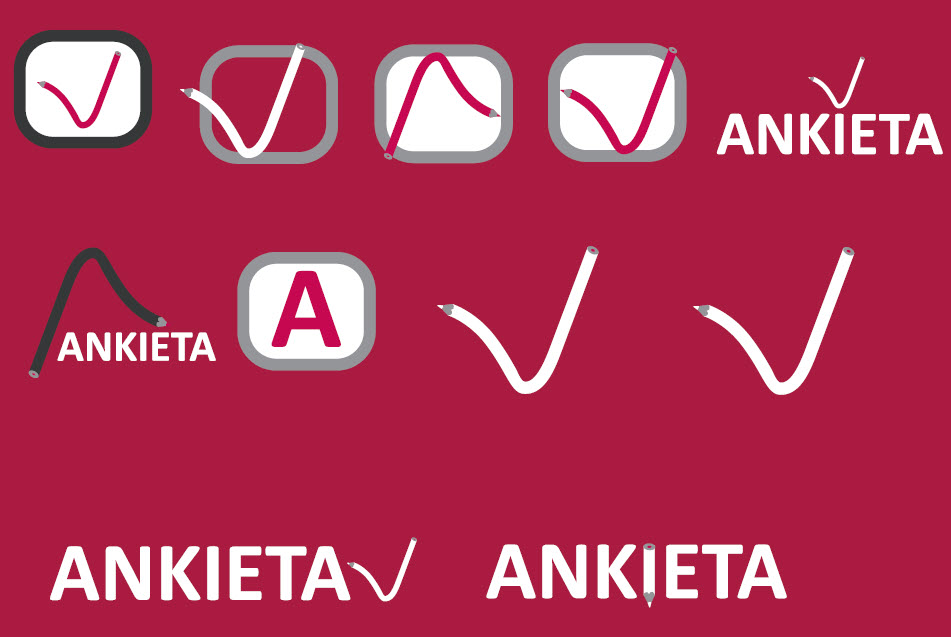Why these Surveys, or how Do I Influence What I Buy?
What does the recently high—and very good—voter turnout have in common with filling out consumer surveys?
Surprisingly, a lot.
Ultimately, it's about the same thing: a sense of influence.
People who consciously avoid participating in elections most often say that it won't change anything anyway.
People who don't participate in consumer research probably do the same, not seeing the importance of expressing their opinion, not engaging in surveys, feeling it's a waste of their time.
At Jet Line, we deeply regret if our Clients feel this way, and we are striving to change it.
Since March 2014, we have been conducting—in close cooperation with Everbe—a systematic client satisfaction survey. We ask how they evaluate our actions, our media, and services, and if they are willing to recommend us to others.
Participation in the survey is very important to us. Every person who was invited but did NOT participate in the survey, in the model we adopted, means they are our critic. We highly value articulated criticism because then we can improve something—that's why we encourage our Clients to take the time to answer 3, or at most 4, questions.
I admit we've had quite good results (thank you very much, dear Clients!), and yet I asked experts, the research firm Millward Brown, how to do it even more effectively.
Why—according to the expert—should people participate in surveys?
What will they gain from it, what benefit will they have?
Kuba Antoszewski, PR Manager at Millward Brown, said important words:
“I think there are two levels of benefits associated with participating in research in general. The first, less frequently raised, is participation in research within a broad civic plan. Generally, participation in research is an element of co-responsibility for the public good. Of course, someone might ask what the market success of a product has to do with civic responsibility? Probably quite a lot. The market, brands, do not operate in isolation from social issues. In times where the general trend of improving quality of life encompasses both the commercial and public spheres, the general concern of companies for improving quality is embedded in a broad social context.”
High turnout in Sunday's surveys may mean that public good and responsibility for it are becoming increasingly valuable.
Okay, and is there something closer to us, consumers, something that might encourage us to constructively speak up and answer a survey?
Again, Kuba Antoszewski:
"The second level is a specific feedback loop—the time spent participating in a survey, especially if it concerns the evaluation of service or product quality, 'returns' to the respondent in the form of higher quality, better suited to their needs. It's a bit like the saying: as you make your bed, so you must lie in it. By participating in the survey, you influence the quality of the offer and become a participant in the process."
Therefore, we encourage our Clients to participate in Recometrix surveys and communicate honestly with Everbe researchers because we know that activity pays off for everyone, even if we all have to wait a bit for the effect of the implemented changes. To put it in modern terms: we encourage them to be Prosumers.

